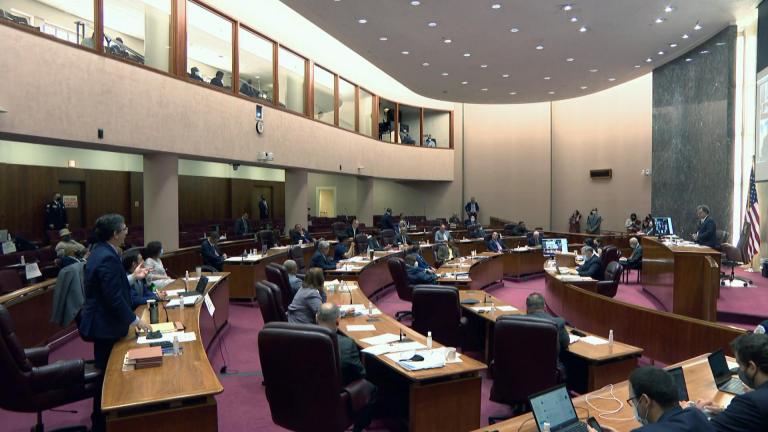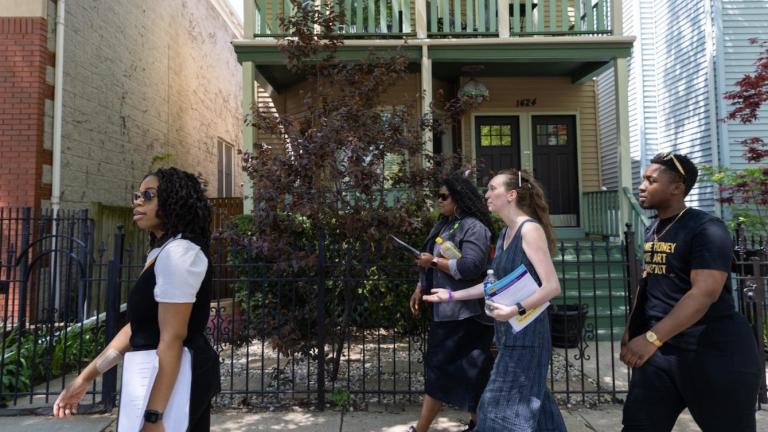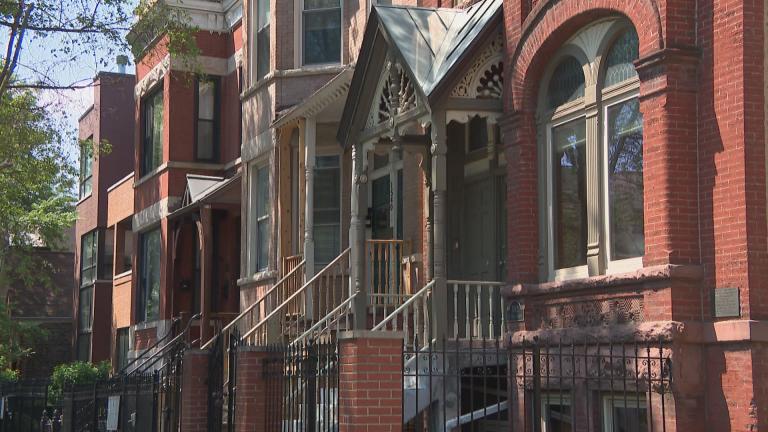One place where segregation has a particular stronghold is very likely your local church.
According to the Equal Justice Initiative, 86% of American churches have no significant racial diversity. The Pew Research Center reports that 57% of churchgoers attend a predominantly White congregation.
But what is the impact of worshipping separately?
“This is certainly fruit of the poisonous fruit of racism,” says Nicholas Pearce, Assistant Pastor at Chicago’s Apostolic Church of God.
Pearce says segregated worship is the bedrock of the American version of Christianity.
“Not only has racism and racial inequality been tolerated by the church, it has in some in many cases been perpetuated and theologized about and sanctioned by the church,” he said.
The Rev. John Edgerton is the lead pastor at First United Church of Oak Park. He says segregated worship is a form of White supremacy.
“We in the church are inheritors of a legacy in which the economic and political power in this country is concentrated in White hands and that has been blessed in the church,” Edgerton said. “Oftentimes the church has become a center of thar concentration itself and we are living out the history of this nation in our houses of worship.”
Pearson says enough churches have sanctioned White supremacist theology for the national consciousness to conclude that this is what Christianity means.
Edgerton said segregation happens because economic and political power are held in too few hands. He says segregation cuts God’s dream for humanity for the beloved kingdom of God.
FIRSTHAND: SEGREGATION is part of WTTW’s award-winning multimedia, multi-year initiative focusing on the firsthand perspectives of people facing critical issues in Chicago.
Throughout 2022, WTTW’s FIRSTHAND: SEGREGATION will put a human face on the impact racial divisions have on individuals, the city, and our region through a documentary series, expert talks, text and visual journalism in partnership with South Side Weekly and the Invisible Institute, and community discussions and engagement in partnership with the Folded Map Project and the Metropolitan Planning Council. Visit the website (wttw.com/firsthand) to explore the project.








